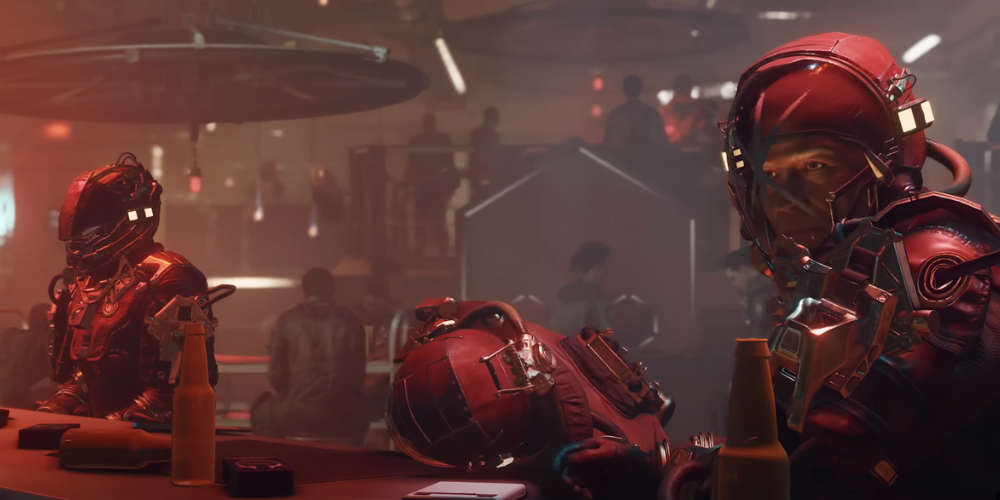Starfield's Mod Misstep: The Community's Struggle to Get the Game Up To Snuff
- Nov 08, 2023

The gaming community's enthusiasm to dive into Bethesda's latest space RPG, Starfield, came with an expectation, almost a tradition, of robust mod support. However, reality has fallen short of expectations. A team of modders aimed at taking matters into their own hands with the Starfield Community Patch (SCP) finds themselves at odds with unexpected barriers. Their intent is noble: to utilize their skills to elevate the game to its promised potential. But their battle isn't with glitches in the game's universe — it's with the very tools, or lack thereof, that are essential for modding.
The SCP team differs from past modding endeavors, harboring aspirations of a decentralized and community-driven patch model, a shift from the commonly centralized authority over bug fixes. Their preemptive strike against inevitable issues began as far back as 2021, indicative of a long-observed pattern with Bethesda releases. Sympathetic yet frustrated, Baldridge and other modders recognize the business rationale that might lead to the release of an imperfect game but cannot fathom the negligence towards empowering modders to clean up the mess effectively.
A grim portrait emerges of these modders' struggles as they toil with broken tools and a lack of infrastructure. ElminsterAU's herculean effort to adapt xEdit, a staple in the Skyrim modding toolkit, to Starfield encapsulates the dilemma, consuming over 400 hours of effort for a task that should ostensibly be seamless. Bethesda's refusal to prioritize mod support, seemingly ignoring the very community that often extends the lifespan and appeal of their games, catalyzed the modders' discontentment.
Bethesda's silence contributes to a growing rift. Historically, modders and developers have thrived on a symbiotic relationship, but the need for dialogue around Starfield's modding support is a concerning departure from precedent. This disconnect isn't just about ignored community emails — it symbolizes a divergence from the collaborative spirit that has defined Bethesda's community relations.
With the promise of mod support dangling like a distant star on the early next year horizon, the hope for a solid foundation for modders remains. Yet, the skepticism from those at the community's forefront is palpable. As enthusiasts await mod support's arrival, they find themselves grappling with disappointment and unease. If mod support arrives in a subpar state, the community's efforts might be too late to salvage the space-faring fantasies players were promised. The saga of Starfield's modding conundrum offers a cautionary tale: when a developer underestimates the value of its community of fixers, it risks the game's legacy becoming a constellation of missed opportunities rather than a galaxy of gaming innovation.







